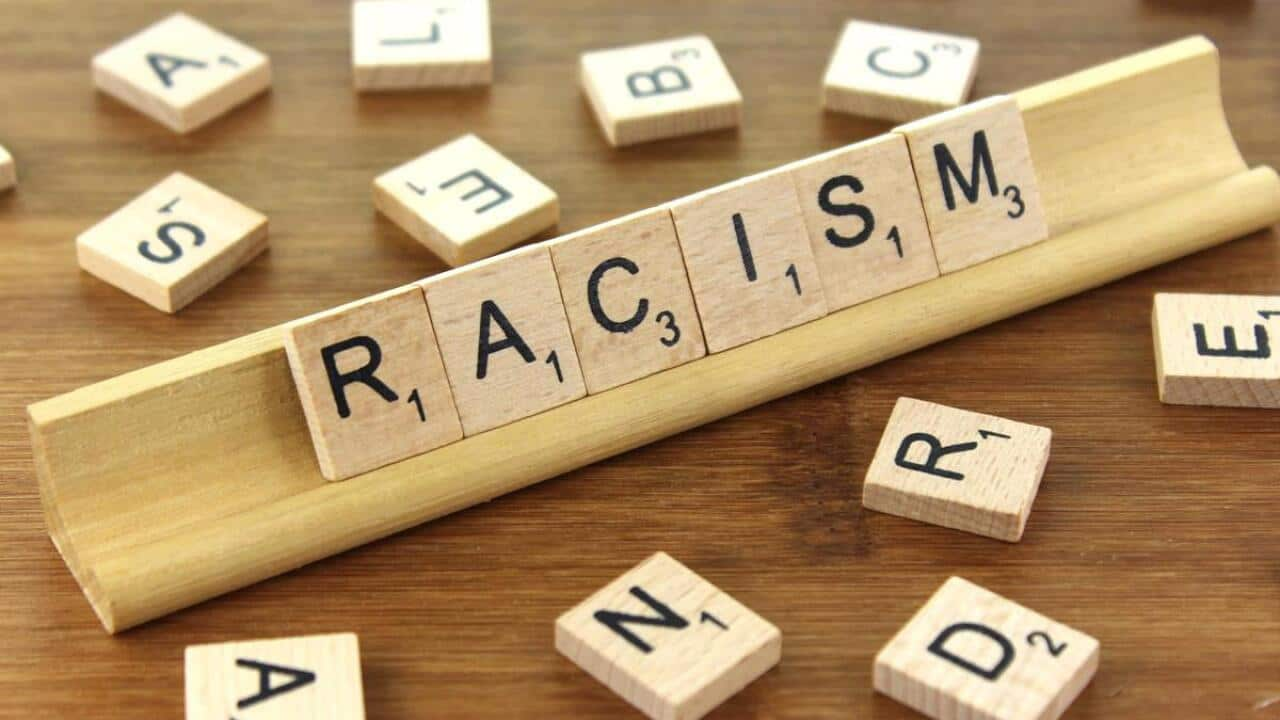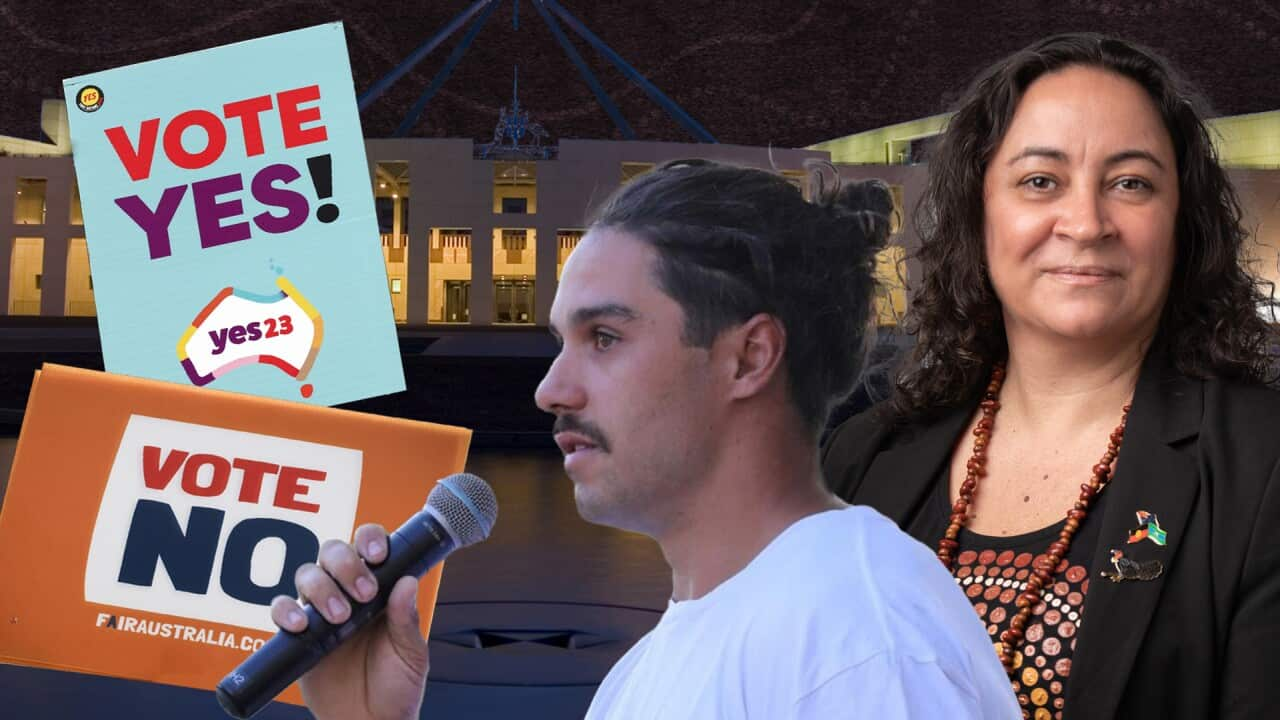The Racial Discrimination Act is not doing enough to combat prejudice faced by First Nations people, a new report states.
The report by the Australian Human Rights Commission, 'An Anti-Racism Framework: Voices of First Nations Peoples' , spoke to hundreds of Indigenous people across the country, and found an overwhelming majority had experienced racism.
Participants identified systemic racism, "deeply embedded in legislative frameworks, government practices, and societal norms" as a predominant theme.
"It's embedded into all systems," said Marni Tuala, CEO of First Nations Co, which conducted the interviews with hundreds of people in metro, regional and rural areas.
"We find lots of different ways to term it, but the fact of the matter is, racism kills people, and it kills Aboriginal and Torres Strait Islander people at a higher rate than than any other group in this country," the Moorung Moobar Gudjinburra woman said.
"Until we start to call it what it is, we won't see progress under the national agreement."
The report also highlighted ongoing discrimination through unconscious bias, the ongoing effects of colonisation, and over-policing.
The most common forms of racism experienced by respondents were hurtful comments (85 per cent), disrespect of culture (84 per cent) and unfair treatment at institutions (73 per cent).
Racial Discrimination Act puts onus on victim
The report recommends a legislative overhaul, stating that the Act "does not strongly address systemic issues".
The Race Discrimination Commissioner, Giridharan Sivaraman, told NITV that questions around the Act's fitness for purpose were valid.
"It was a very and remains a very important act. It was the first of all of our anti-discrimination legislation," he said.
"But when an act nears 50 years, I think it's worth looking at whether or not it achieves the aims that it set out to do so."
The report advocates for a legislative approach that mirrors the country's Sex Discrimination Act, which imposes a positive duty to actively combat unlawful discrimination.
"One of the issues with the Race Discrimination Act is it puts all of the onus and the emphasis on the victims of racism to bring about action. There's no positive duty to eliminate racism," Sivaraman said.
"There's a real question as to whether it actually is doing what it needs to, to help First Nations folks."
National Anti-racism Framework
The report's release comes ahead of a national anti-racism framework due later this month.
The national framework is expected to recognise the particular forms of racism faced by First Nations people, and will be informed by the release of this latest report.
"The National Anti Racism Framework is a road map to all levels of government ... to take the action that's needed to deal with the systemic racism that's ingrained in our society," said Commissioner Sivaraman.
"It was imperative that we had the voices of First Nations people inform and guide our national anti-racism framework, particularly if it's going to be a First Nation centred framework."
Ms Tuala said she remained "hopeful" that the government would take notice of both the report and the upcoming national framework.
"That's our responsibility as Blackfellas, is we gotta stay hopeful," she said.
"We've gotta pick up the fight that our old people have been having for generations ... and we need to dismantle these systems that have been designed by and for the dominant culture, because they continue to oppress and cause harm for First Nations people."













